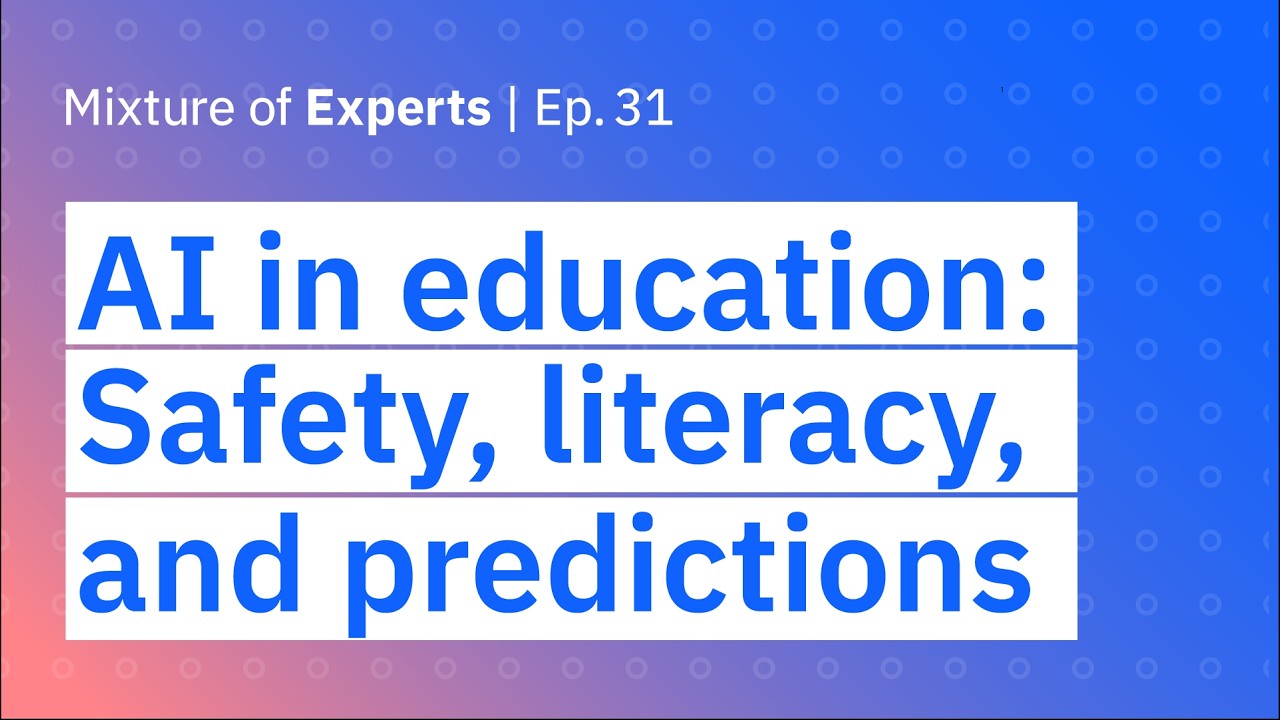Experts Feder Baderas, Skyler Speakman, and Marina Daneli discuss the integration of AI in education, highlighting its potential for personalized learning and operational efficiency while emphasizing the importance of maintaining human connections and teaching critical thinking skills. They advocate for responsible AI deployment, interdisciplinary approaches to AI literacy, and the need for diverse voices in shaping the future of AI in education to ensure equity and ethical understanding among students.
In a discussion about the role of artificial intelligence (AI) in education, experts Feder Baderas, Skyler Speakman, and Marina Daneli share their insights on how AI is currently being integrated into learning environments and what the future may hold. They emphasize that the extent of AI’s involvement in education largely depends on socioeconomic factors, with varying experiences based on location and resources. The conversation highlights the importance of personalized learning and the potential for AI to assist teachers in curating customized curricula while also addressing operational efficiencies within educational institutions.
The experts discuss the current applications of AI in education, such as personalized learning tools and gamification strategies that engage students in interactive ways. They mention specific examples, like Osmo and programmable robots, which enhance learning experiences by combining digital and physical interactions. The panelists express optimism about the diverse learning options AI can provide, catering to different learning styles and needs, while also stressing the importance of maintaining human connections in primary education.
As they look ahead to the future, the experts identify key trends in AI and education, including the potential for AI to facilitate conversations between children and their favorite characters from educational shows. However, they also raise concerns about equity and the need for critical thinking skills when using AI tools. The discussion emphasizes the importance of teaching students to be critical consumers of technology, understanding biases, and recognizing the implications of AI in their lives.
The conversation shifts to the challenges of ensuring responsible AI deployment in education, with a focus on accountability and transparency. The panelists stress the need for interdisciplinary approaches to AI literacy, integrating insights from various fields such as philosophy, social studies, and computer science. They argue that a well-rounded education in AI should begin at an early age, equipping students with the skills to navigate and critically assess AI technologies.
In conclusion, the experts express their hopes for the future of AI in education, advocating for increased support for teachers and the inclusion of diverse voices in discussions about AI’s role in learning. They call for a concerted effort to teach AI literacy in schools, emphasizing the importance of understanding the ethical implications and societal impacts of AI technologies. The panelists believe that fostering a critical understanding of AI will empower students to engage with technology responsibly and effectively, ultimately shaping a more equitable educational landscape.
